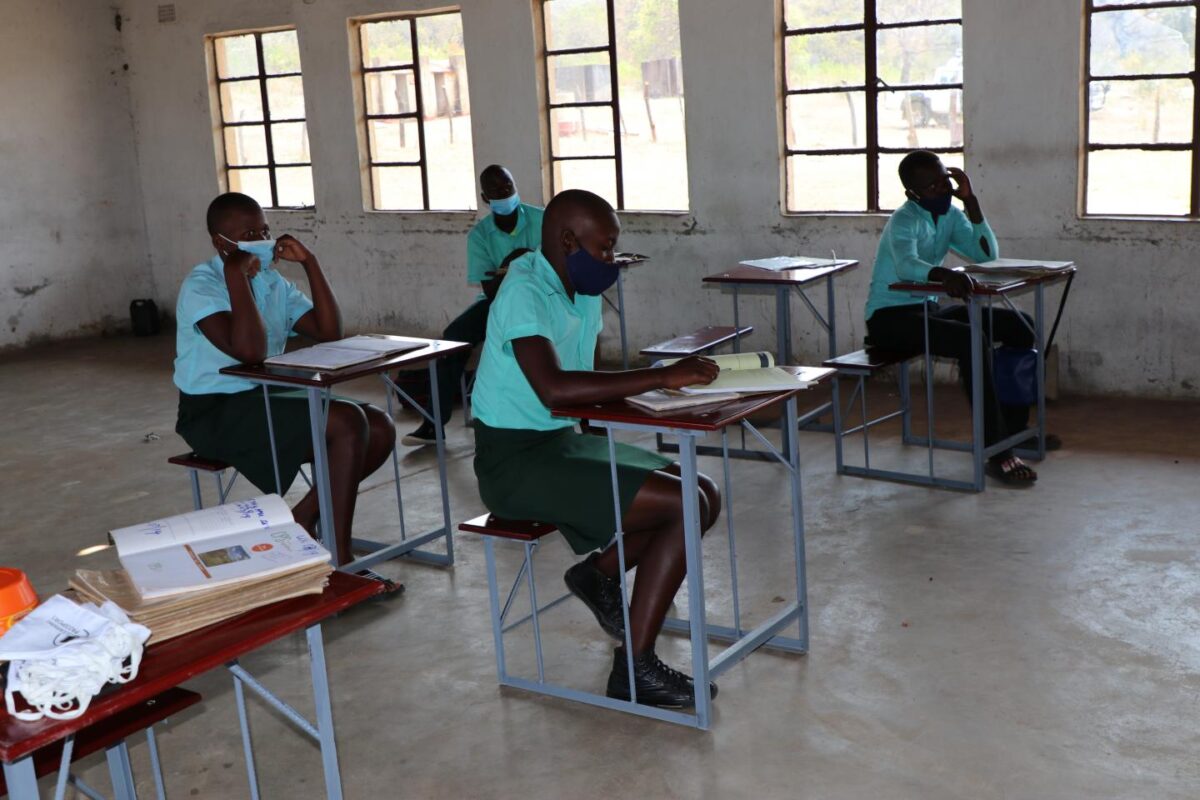HARARE – A top official in the Ministry of Primary and Secondary Education has made shocking revelations some learners who are now in Form 3 are still unable to read and write.
Appearing before parliament’s portfolio committee on primary and secondary education recently, chief director for curriculum development and technical services in the ministry, Cyprian Masocha admitted this was partially a result of Zimbabwe’s education system which has not been efficient enough to deal with the cases.
Masocha said some of the weaknesses of Zimbabwe’s education system could be cured by the highly resented Continuous Learning Assessment Activities (CALA).
“The problem that we have is that our education has not been all that efficient and effective as much as we would need,” he said.
“That’s why you find that at infant education, we are now putting more emphasis on foundational skills where our learners should be able to read and write as they finish their Grade 2.
“When they enter our junior education (Grade 3) they should be able to write.”
During a recent curriculum review consultation held countrywide, parents rejected CALA saying it was a burden as they often find themselves having to perform the complicated tasks for their children.
But Masocha said some learners were facing challenges with CALA because of their inability to read and write.
“That’s why you find parents complaining that ‘we are doing the CALA for our children’.
“In most cases, it’s because those pupils are unable to read and write at Grade 6; unable to read and write at Form 3.
“That’s why we have come back to you to say assist us so that we improve our curriculum to make sure that they are able to read and write.
“Once they are able to read and write, the burden on us as parents doing the work for them is lessened,” he said.
Masocha asked for lawmakers’ support for the implementation of the competence-based curriculum.
“The review process is still ongoing, and among other activities, we continue to engage stakeholders as we collect data, then move on to data analysis and produce a curriculum review report, draft revised curriculum framework and validation.
“The curriculum ensures that pupils acquire practical skills as they complete Form 4 and 6 can easily be absorbed in higher and tertiary education institutions to further their education.
“We need students to address challenges on contemporary life in Zimbabwe.
“As such, we call for your support and input to ensure that in all our efforts to educate the nation, we work towards producing pupils who have key competences necessary for national development,” he said.
















